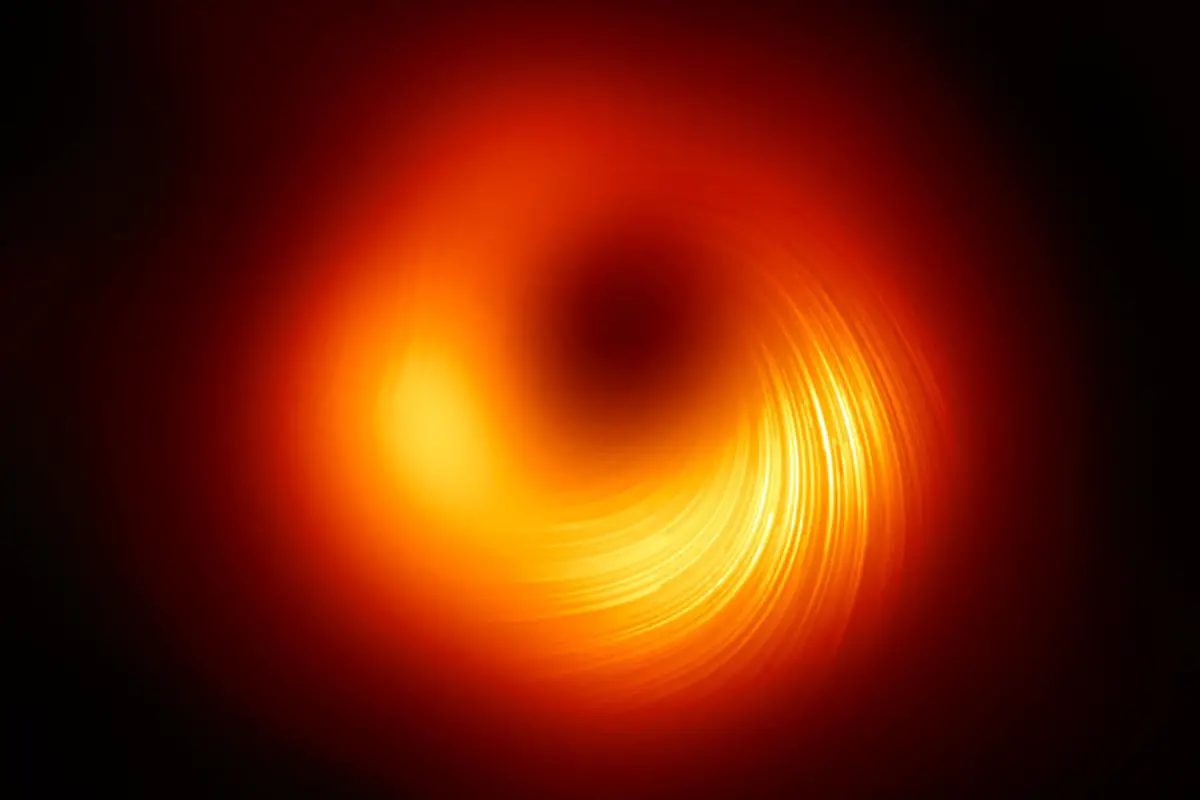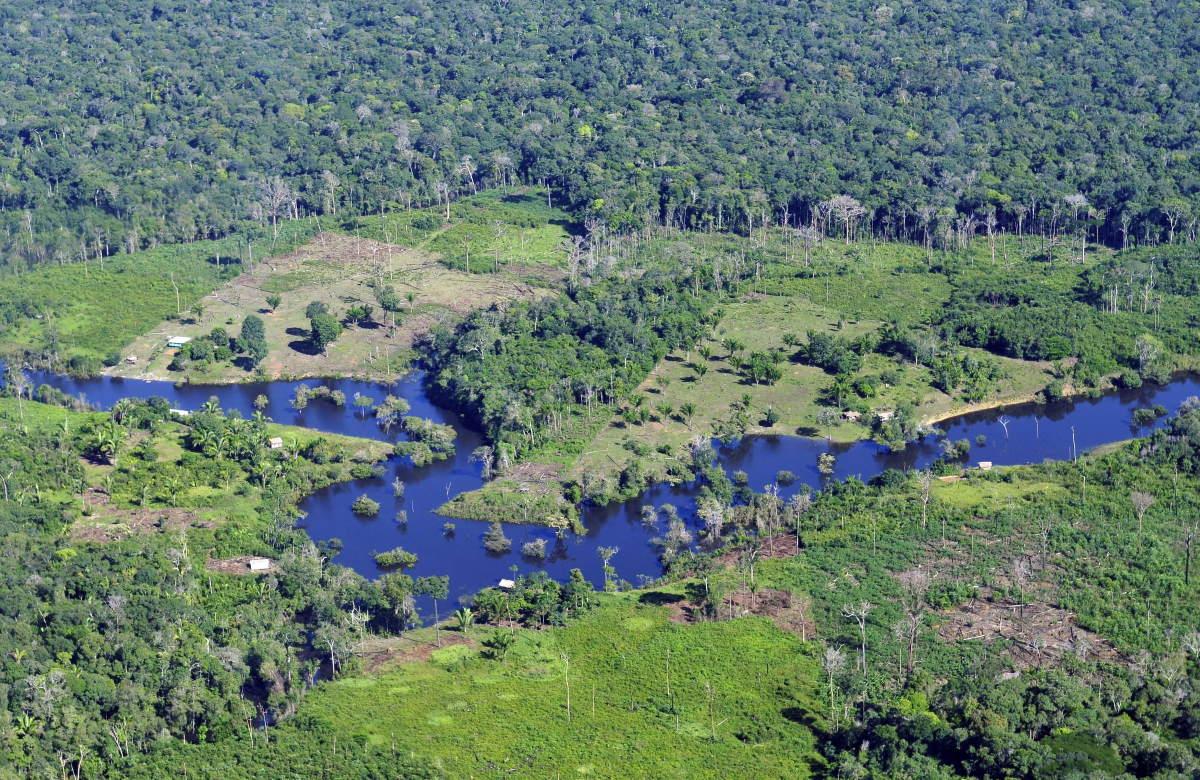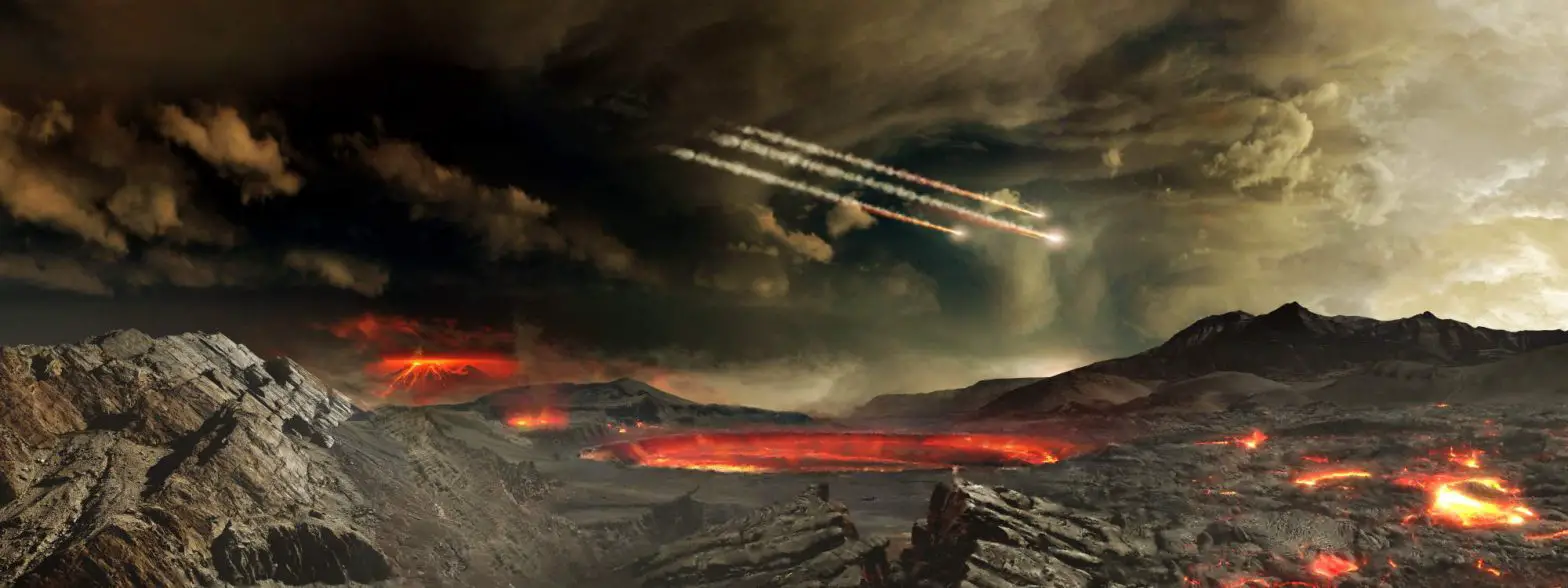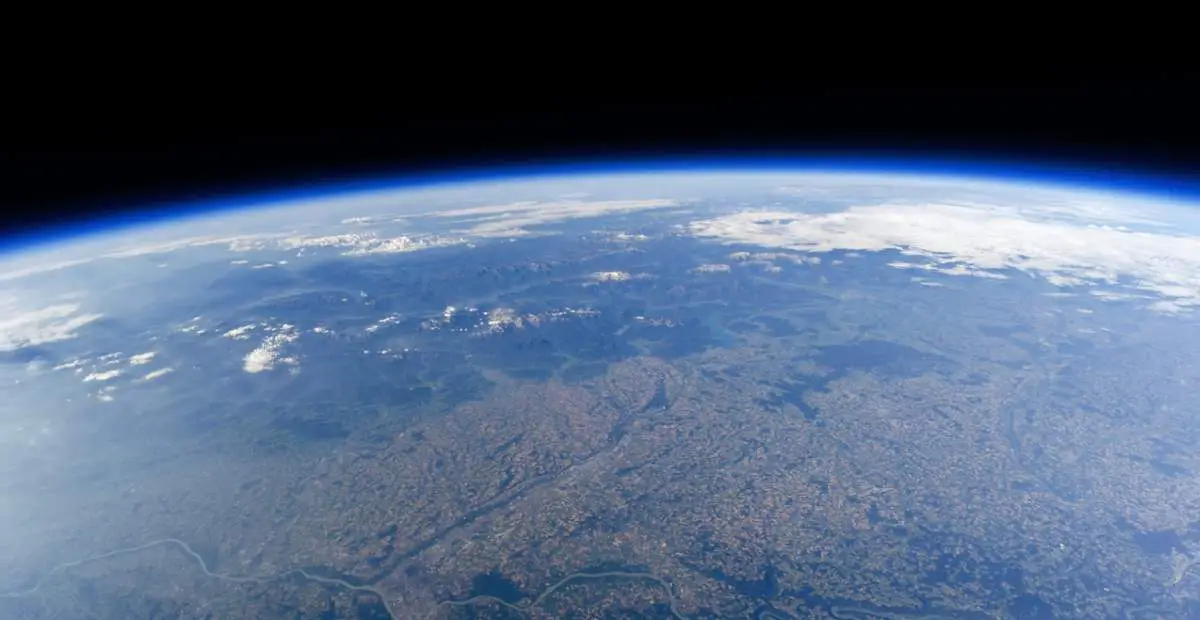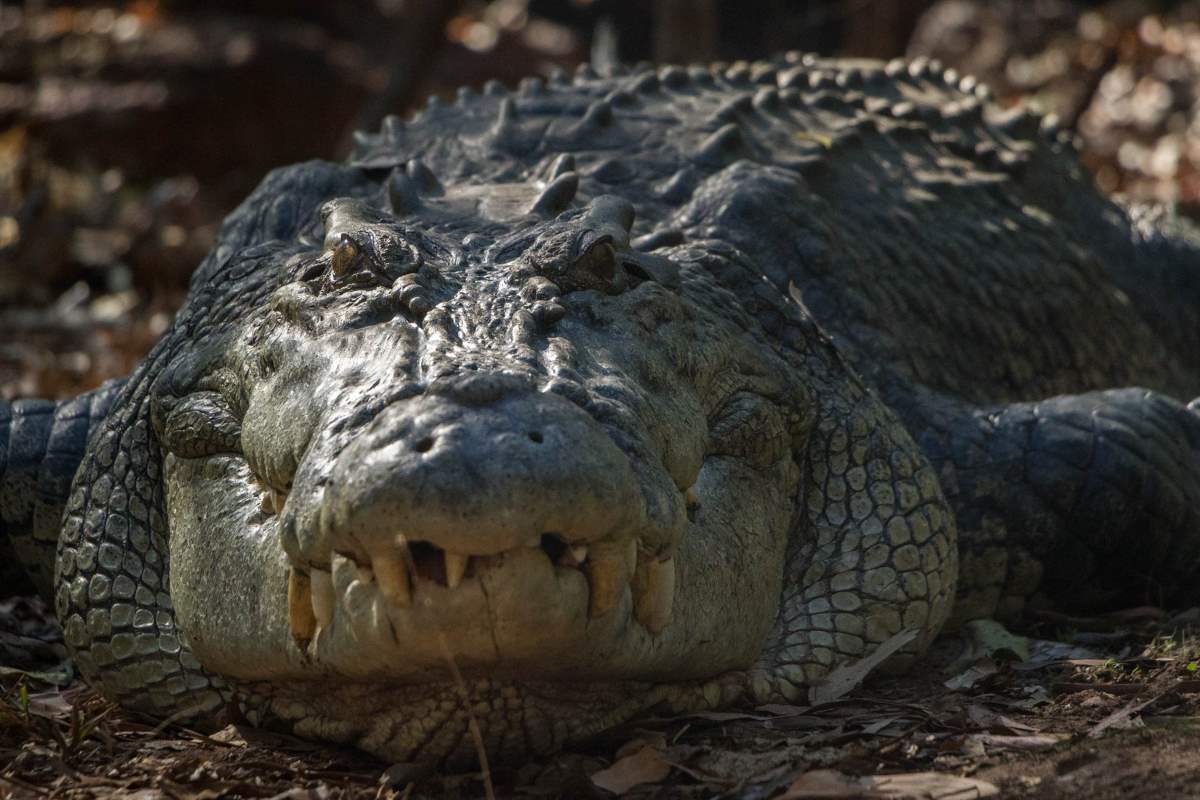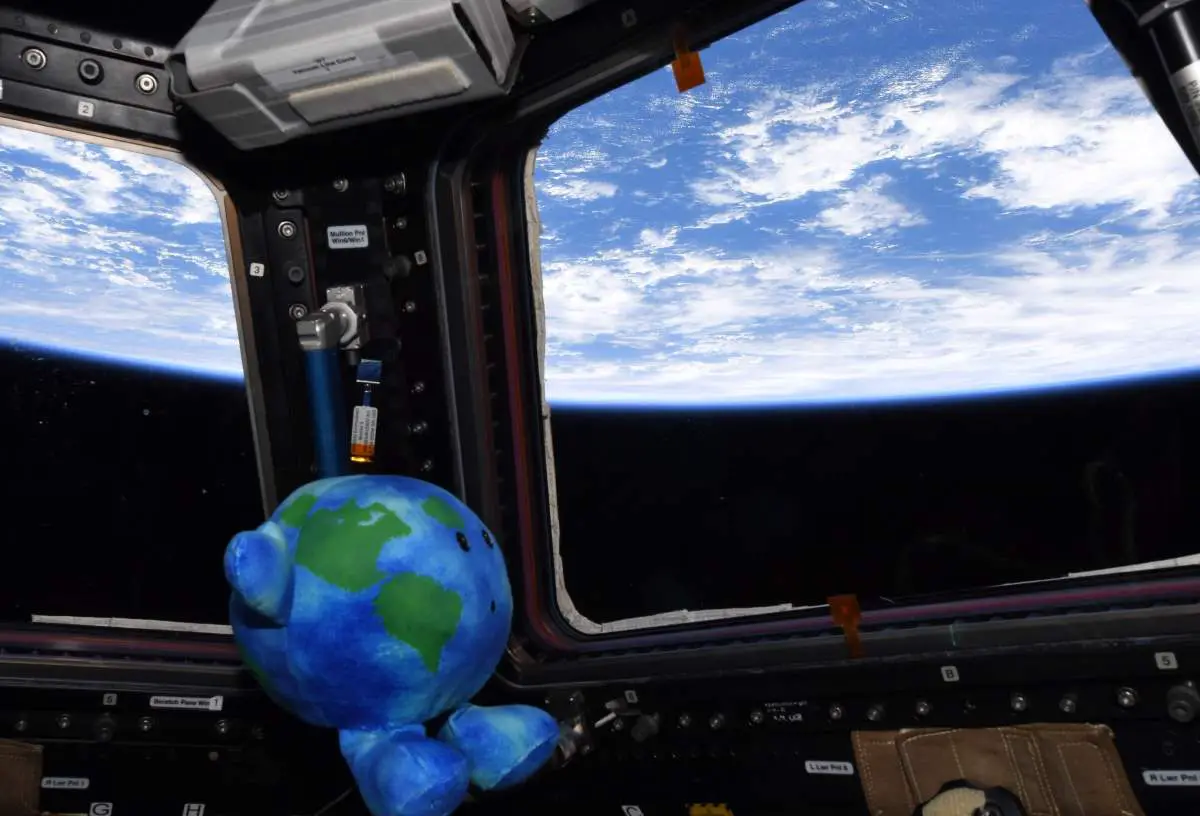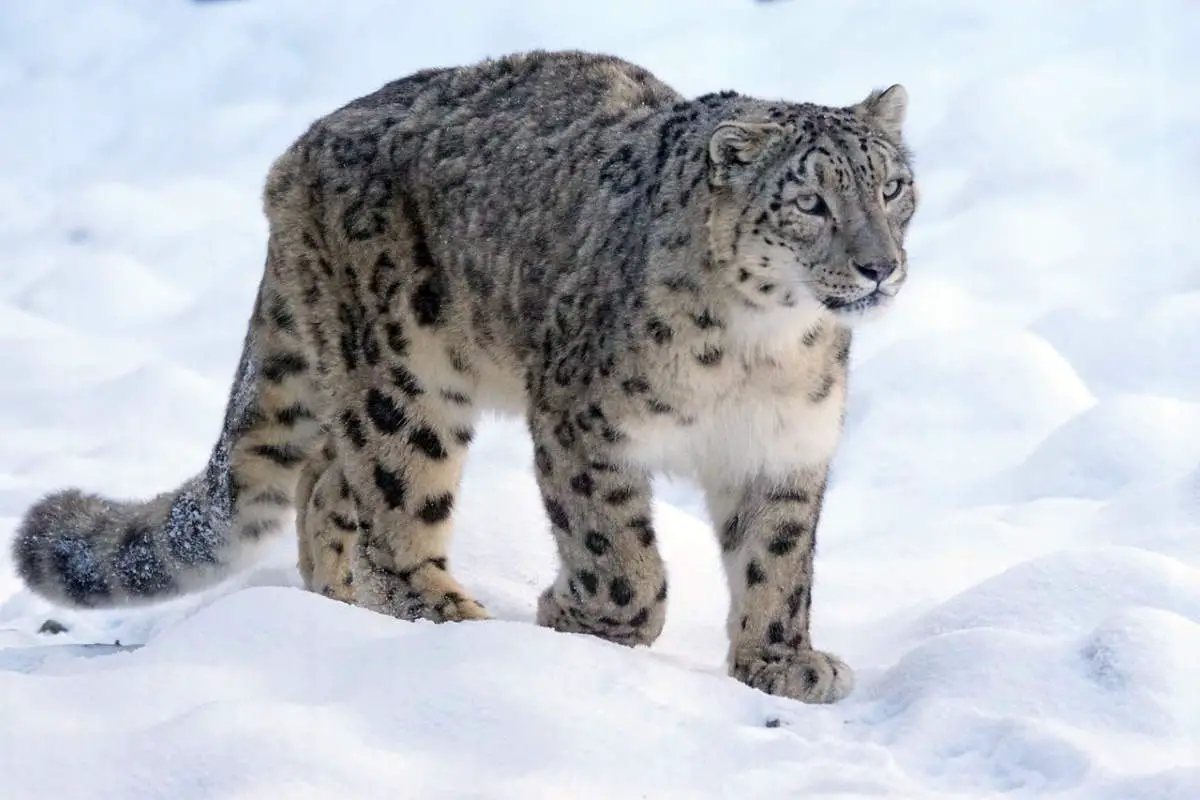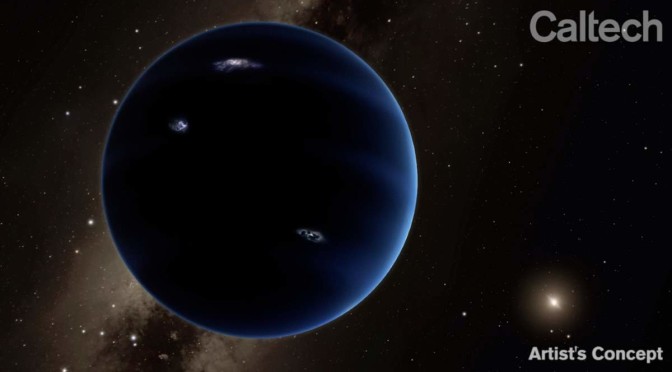There was a lot of excitement when the Event Horizon Telescope collaboration showed the world the first-ever image of a black hole back in April 2019. Weighing in at 6.5 million times the mass of our Sun, this supermassive black hole is located in the galaxy Messier 87, or M87, some 55 million light-years away from Earth.
